The journey towards an energy-efficient home is a rewarding one, offering both environmental and financial benefits. From minor changes to more significant investments, every action counts. In this guide, we dive into ten methods to transform your home living space into a more eco-friendly setting.
1. Embrace LED Lighting

The illumination of your home plays an important role in its energy consumption. Traditional bulbs are known for their inefficiency, converting more electricity into heat than light. Enter LED lighting – a much better and energy efficient alternative. LEDs are not just about energy saving; they offer better light quality, immediate brightness, and a variety of colors. By using LED lighting, you're not just cutting down on your energy bills; you're also embracing a technology that's kinder to our planet. Make the switch to LED lighting today to not only brighten your home more efficiently but also to contribute to a greener and more sustainable future.
2. Programmable Thermostats: A Smart Step
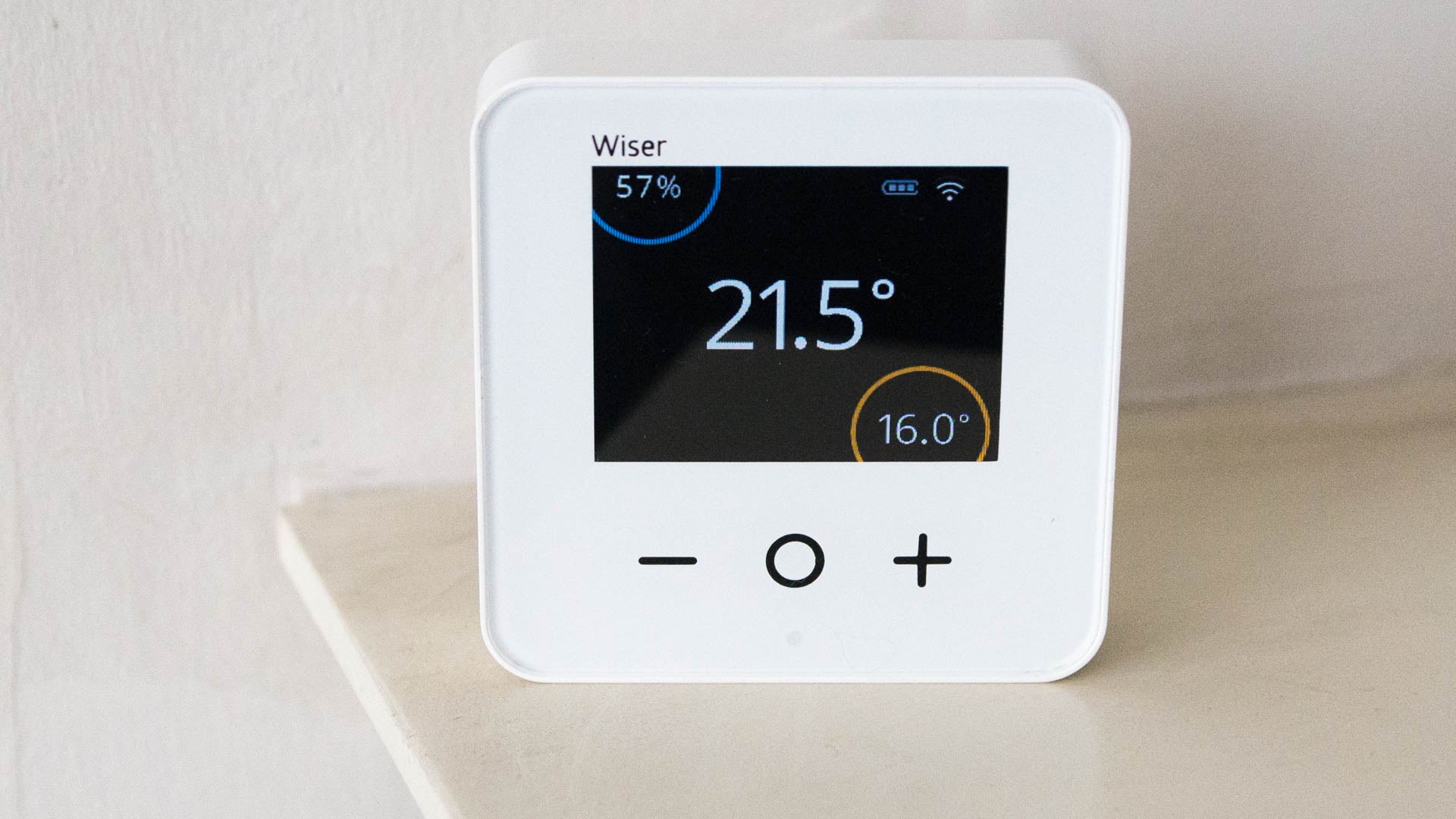
Heating and cooling a home can be costly, especially when not managed properly. The introduction of programmable thermostats has improved home climate control. These devices offer convenience and more control, allowing you to automate your heating and cooling based on your schedule. By customizing the climate of your home to your needs, you are enhancing your energy use and improving your comfort. Take a smart approach to climate control by investing in programmable thermostats, ensuring your home is both comfortable and energy-efficient based on your lifestyle.
3. Seal and Insulate Your Home
Two reasons energy loss occurs are sealing and insulation. By sealing gaps and cracks in your home, you prevent air from escaping your home. Insulation is the next step, acting as protection from heat flowing out. Together, sealing and insulation can improve your home's energy efficiency and provide a comfortable environment year-round while reducing your carbon footprint. Seal gaps and insulate your home to keep the temperature steady, reduce energy waste, and create a cozy living space that minimizes its impact on the environment.
4. Energy-Efficient Appliances: A Worthy Investment
Households are packed with appliances that each contribute to your energy bill. The energy efficiency of these appliances vary differently. By choosing products with a high Energy Star rating, you're using devices that use less energy to perform the same tasks. The higher Energy Star the rating the more energy you can save. This choice is not just a wise spending decision, but it also leads to a more sustainable way of life. Upgrade to energy-efficient appliances for a wise investment that not only saves you money but also contributes to a more sustainable lifestyle.
5. Mindful Water Heating
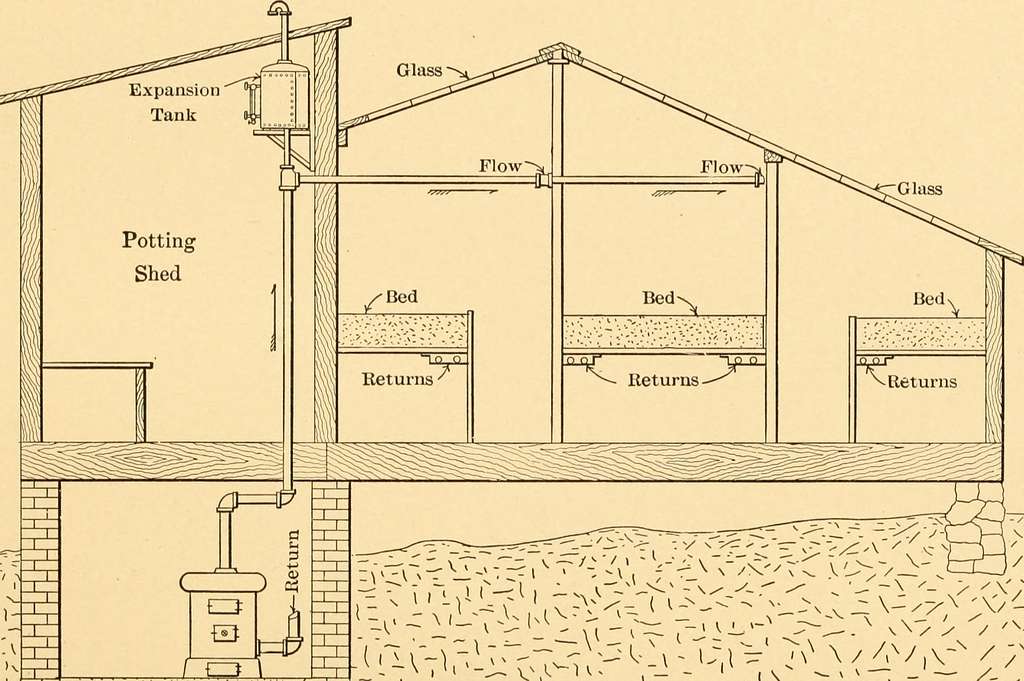
Water heating is a significant energy expense in homes. By being mindful of how you heat and use your water, you can achieve savings. Simple actions like fixing leaks, insulating water pipes, and using energy-efficient showerheads can make a difference. It's also worth considering the installation of a solar water heater or a heat pump water heater, which can provide hot water using significantly less energy. Using water more sparingly such as showering for less time and leaving the sink running for less time can also save water and energy. By adopting these mindful water heating practices, from fixing leaks to considering solar or heat pump water heaters, a more efficient and eco-friendly home is created.
6. Smart Power Strips
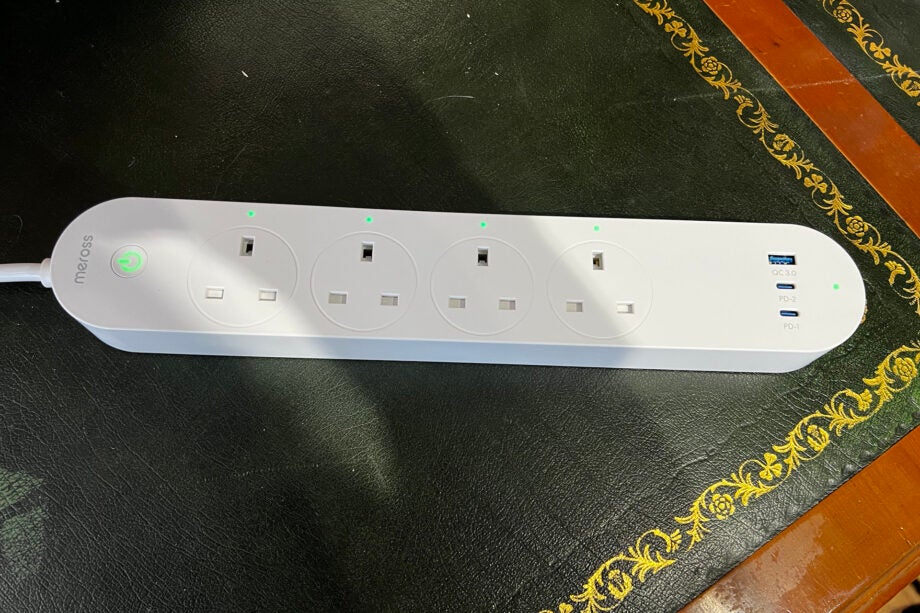
Electronic devices draw power even when turned off. This 'phantom load' can account for a large portion of your electricity bill. Smart power strips are an effective solution, cutting power to devices in standby mode and reducing this unnecessary energy drain. This allows for efficient energy usage and a more healthy environment. Combat phantom energy drain with smart power strips, a simple yet effective solution to cut unnecessary power usage and create a healthier environment.
7. Optimize Your Laundry

The laundry room is another area where small changes can lead to big savings. Using cold water in your washing machine can significantly reduce energy use, as heating water accounts for the majority of the energy used in a wash cycle. Additionally, consider air-drying clothes instead of using a dryer and ensure your dryer is operating efficiently by cleaning its filter often. By adopting these methods, energy consumption is reduced and your laundry practices are made more eco-friendly.
8. Energy-Efficient Windows
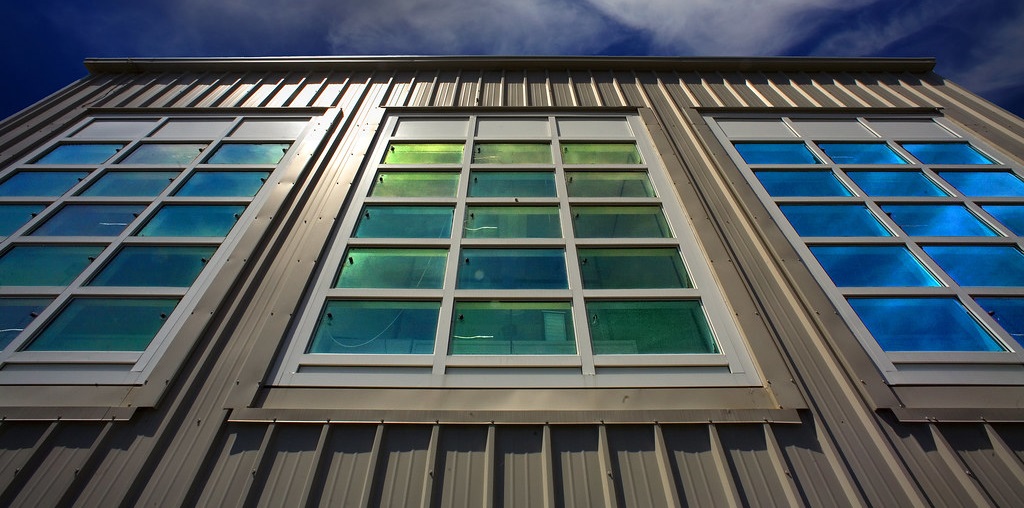
Windows are an important component of your home's thermal system. Single-pane windows are often a significant source of heat loss. Upgrading to double or triple-glazed windows with high-performance glass can lead to substantial energy savings. These windows not only reduce energy loss but also enhance comfort by reducing cold spots. Upgrade your windows to double or triple-glazed options with high-performance glass for increased energy savings, enhanced comfort, and a more efficient thermal system in your home.
9. Solar Panels: Harnessing the Sun’s Power
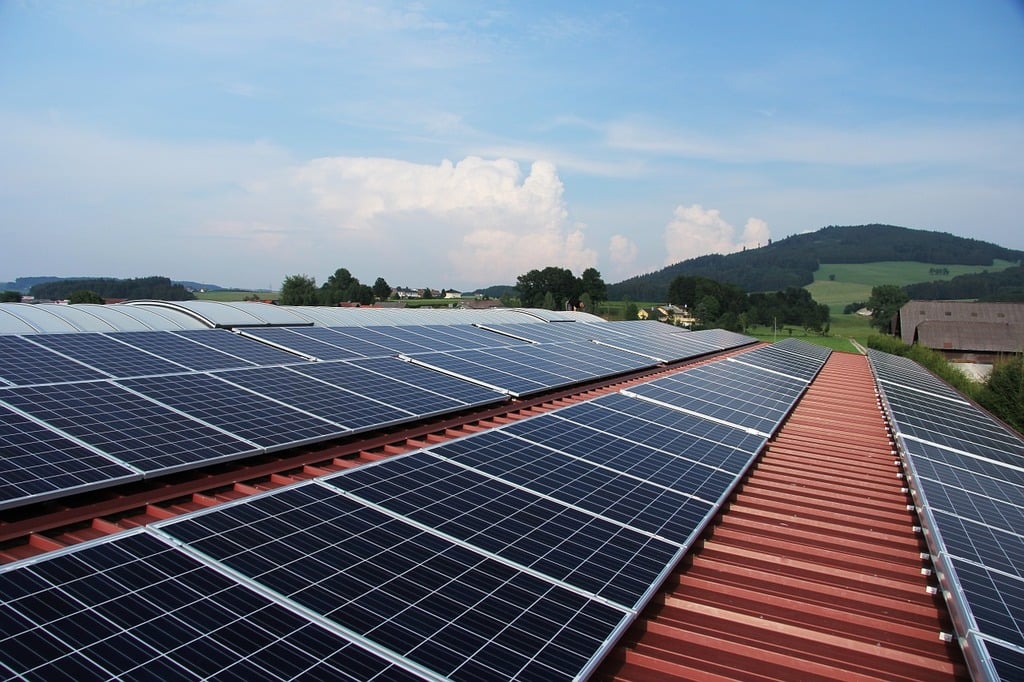
Solar panels are one of the best sources of renewable energy. By harnessing the power of the sun, you can generate your own clean energy. The initial cost of solar panel installation can be offset by long-term energy savings and tax rebates offered by governments and utilities. Solar power reduces your reliance on the grid, decreases your carbon footprint, and can significantly decrease your energy bills. Many companies also offer solar panels with various incentives, such as Georgia Power. Embrace renewable energy with solar panels and enjoy long-term energy savings as well as potential incentives from government and utility programs.
10. Regular Maintenance of HVAC Systems

Regular maintenance of your heating, ventilation, and air conditioning (HVAC) systems is crucial for energy efficiency. Well-maintained systems use less energy, last longer, and are less likely to break down. Simple actions like changing filters regularly, cleaning components, and scheduling annual professional check-ups can keep your system running smoothly and efficiently. Ensure the longevity and efficiency of your HVAC systems by prioritizing regular maintenance, a simple yet essential step towards reducing energy usage and contributing to a sustainable future.
Adopting these ten strategies can transform your home into being more energy efficient. While some measures may require hefty investment, the long-term savings and environmental benefits are undeniable. Start small and by taking a step towards energy efficiency you are taking a leap towards a more sustainable future.

